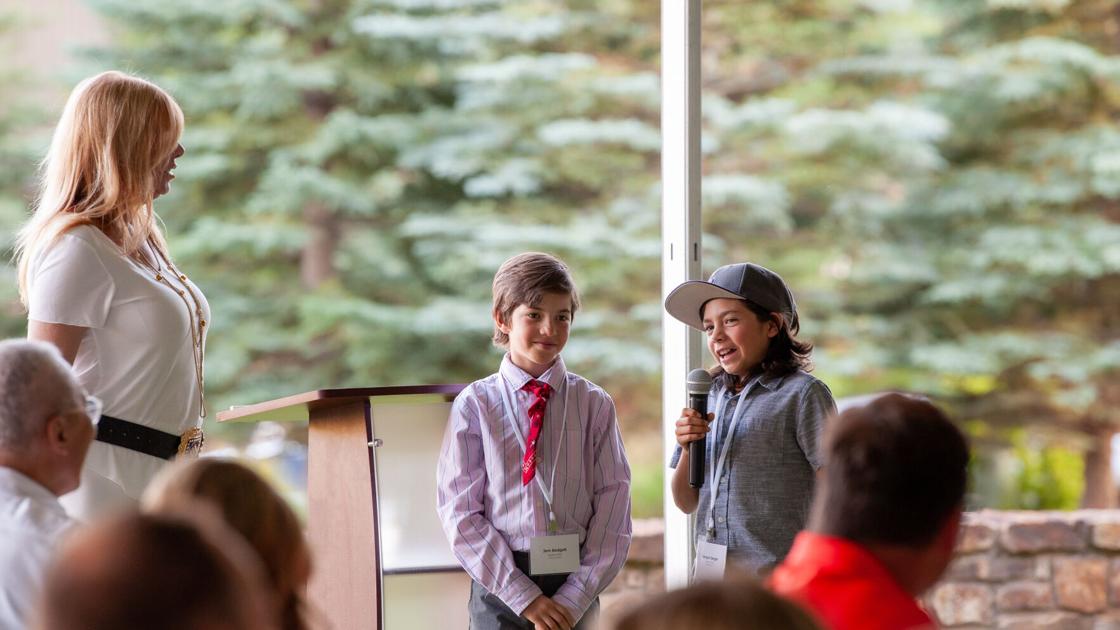Less than 10 percent of soldiers contribute to Army emergency relief – and the largest group of donors aren’t even the ones using it the most, the organization’s director said on Tuesday.
The majority of soldiers who take advantage of AER financial aid services are E-5s and E-6s, largely because of the phase of life they find themselves in, the lieutenant-general told the Raymond Mason retreat.
But the soldiers most likely to donate are often their subordinates – the E-4s and below.
“They’re business-based,” Mason said of the more junior soldiers. “Their friends, their buddies probably use the AER. Word of mouth is spreading: “Hey, AER took care of me, you should all donate. So they’re a little closer to the action.
Mason said the older the soldier, the less connected he was to the business, which could be one of the reasons for the growing lack of financial support for the AER, whose mission is to help the military to take care of their own.
For more information on the AUSA Annual Meeting, click here.
Each year, the AER provides $ 70 million in grants and loans, for things like car repairs, rent payments and more, with zero interest to soldiers and their families. The organization, which works closely with Army Community Services, relies entirely on donations.
In the recent past, when Mason himself was on active duty, around 60% of soldiers invested in AER, he said. But nearly two decades of war – coupled with more families living off-base and the growing number of military-focused nonprofits also competing for donations – could contribute to the drop in membership.
“Soldiers have been deployed, they’re coming back, they’re just not focused on this stuff,” Mason said.
RELATED
Mason’s main concern is not finances; the organization also receives donations from retired and civilian populations and will do “well”.
“I don’t care how much money it is. That’s not the question, ”he said. “When you put your hand in your back pocket and help your buddy right and left, you bond with a team, you bond with the military. That’s what it’s about.
The credo “Leave no comrades behind” is as important on the home front as it is on the battlefield, he said.
Natalie Gross has been with Military Times since 2017. She grew up in a military family and holds a Masters in Journalism from Georgetown University.
 Christ Yoder
Christ Yoder



